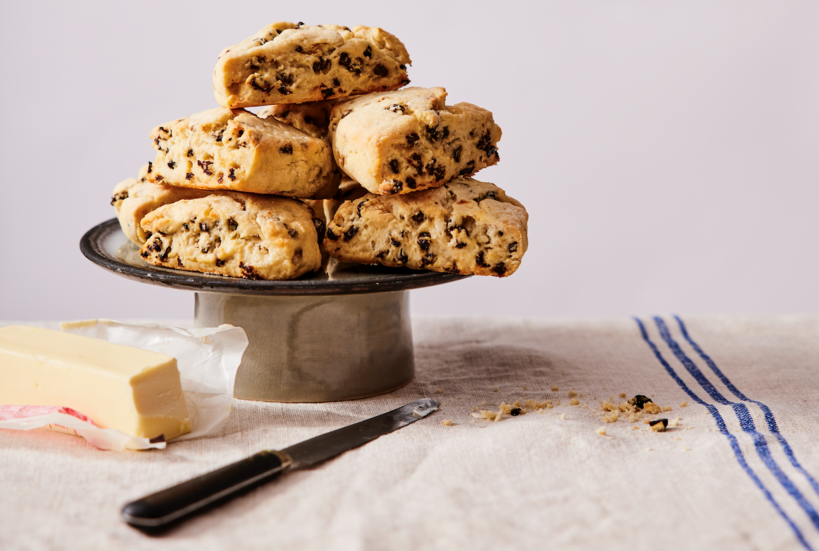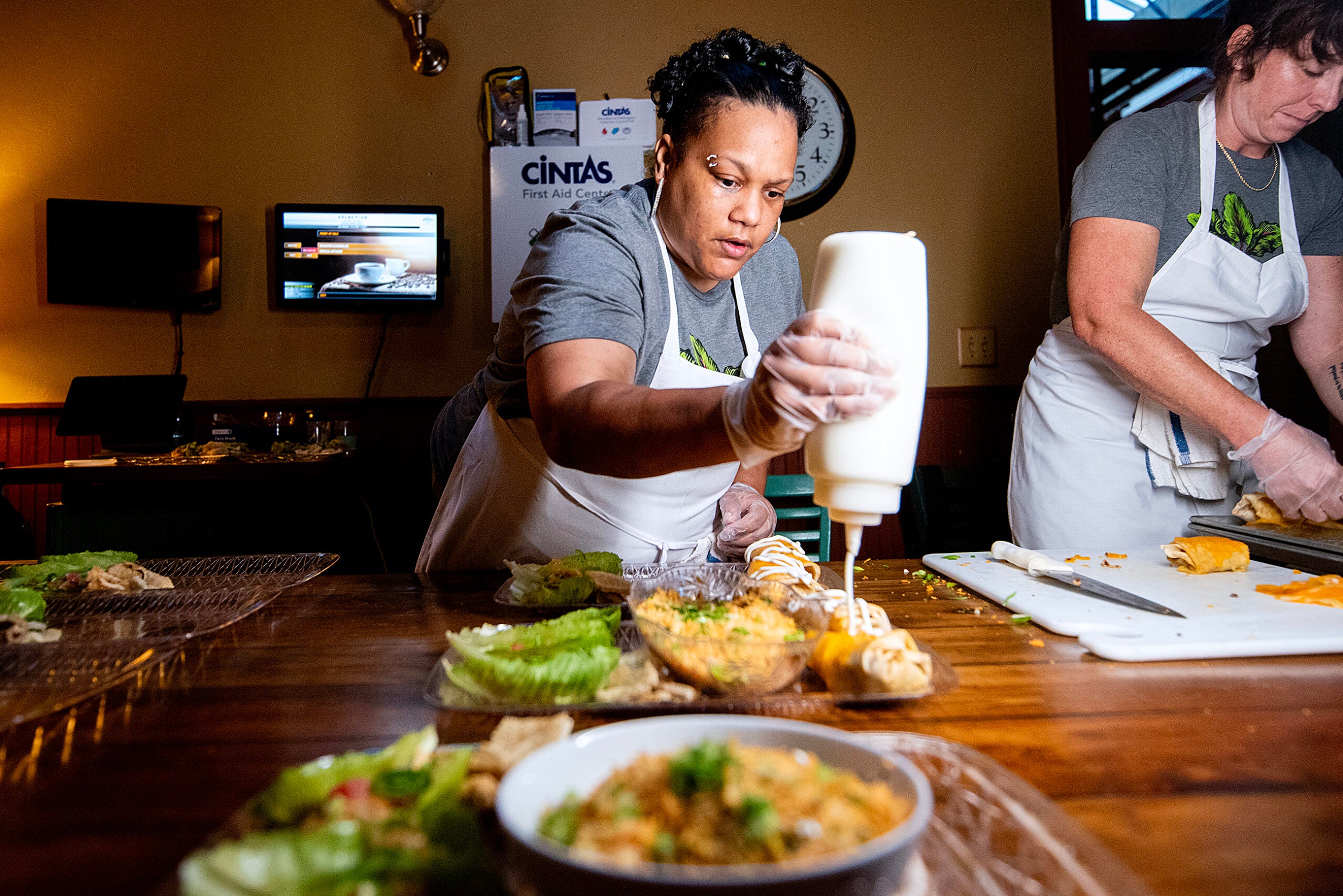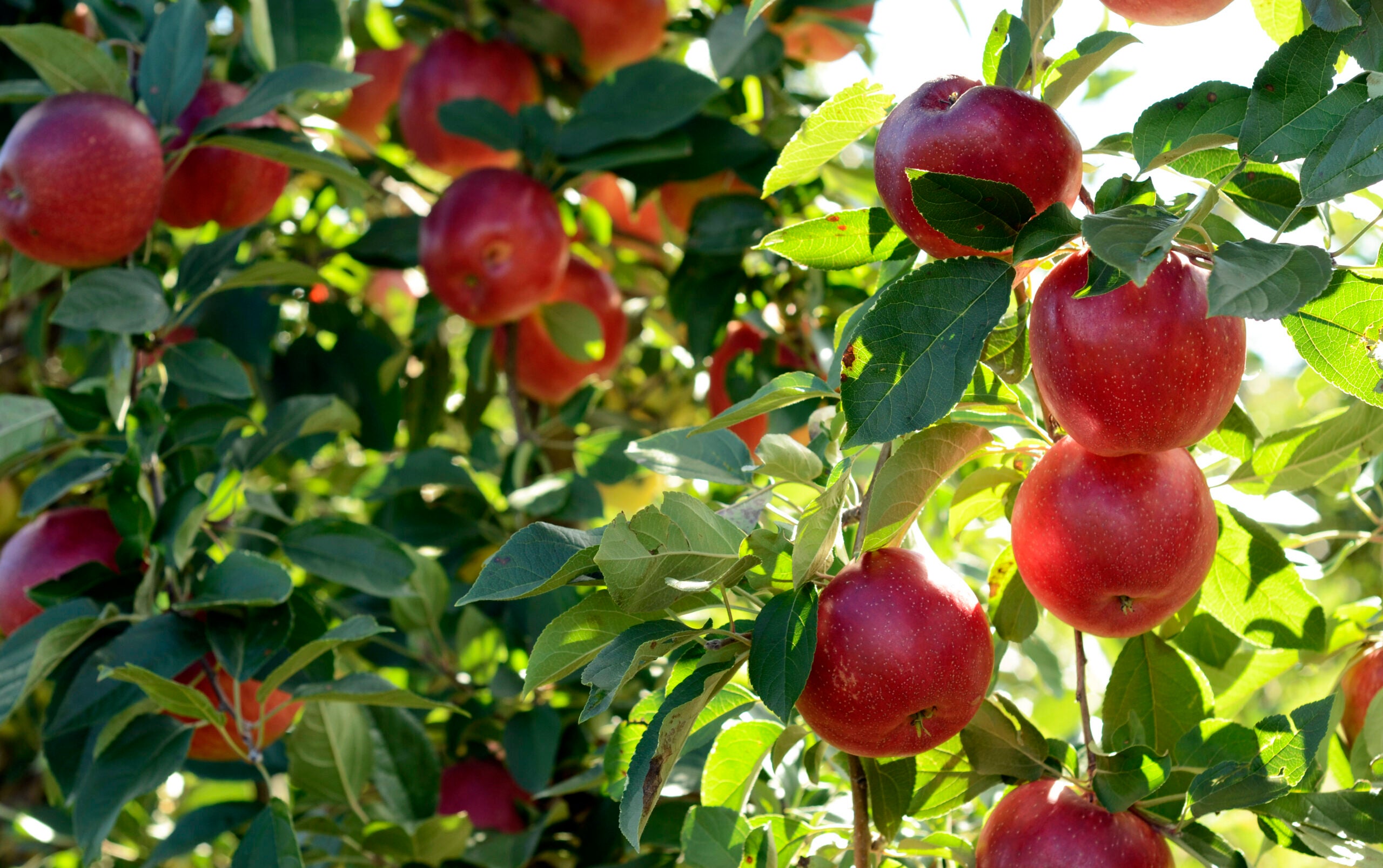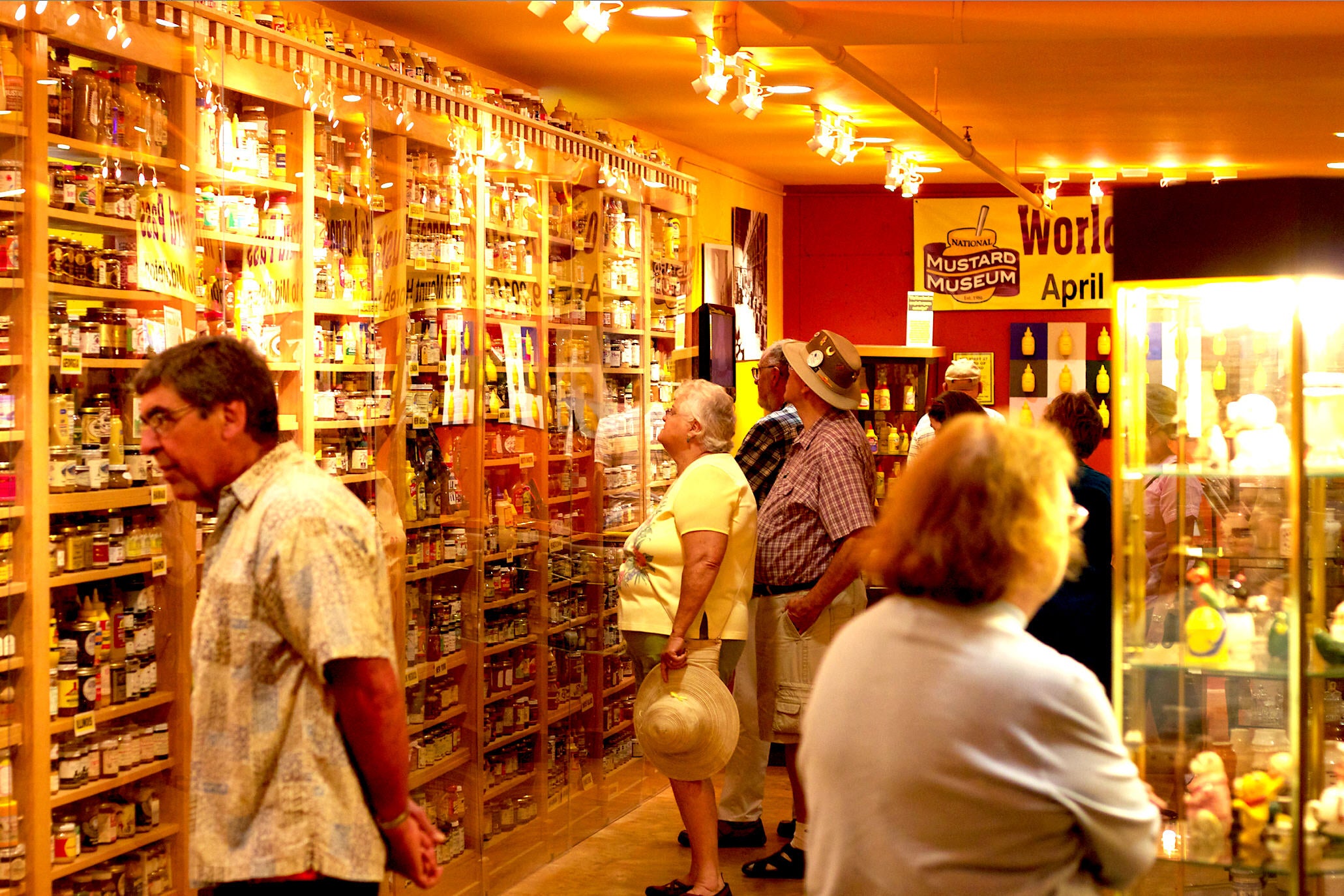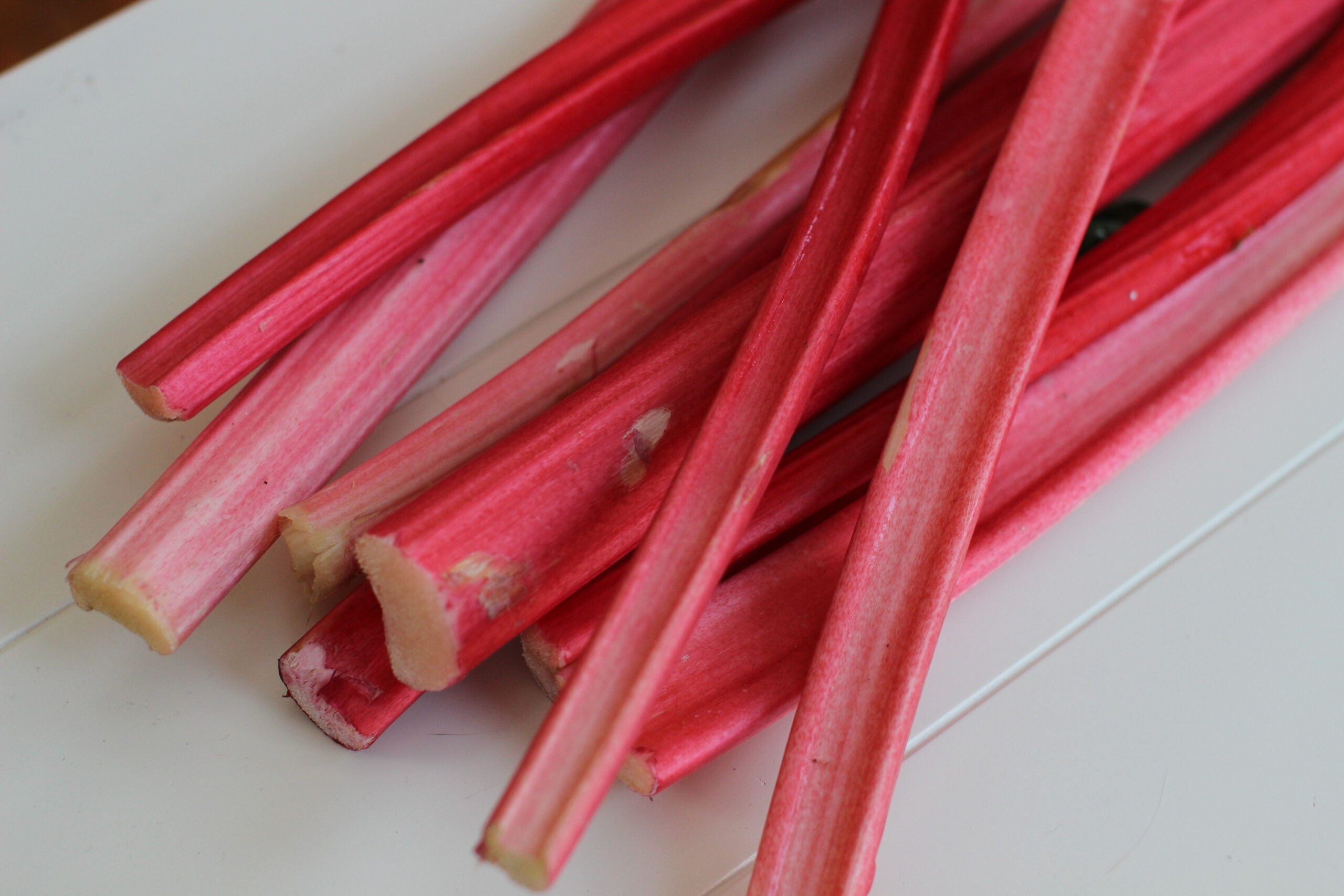About eight years ago, pastry cook Brian Levy tasted such a sweet mango that it opened his mind to the possibilities of making desserts without adding extra sugar.
He tapped into naturally occurring sugars in nuts and grains and all kinds of fruits — fresh, dried and frozen.
“A big thing of this was the challenge of seeing how far I could go with ingredients that weren’t near pure sugars,” he said. “Eventually, I felt like I cracked some codes working with different kinds of ingredients.”
News with a little more humanity
WPR’s “Wisconsin Today” newsletter keeps you connected to the state you love without feeling overwhelmed. No paywall. No agenda. No corporate filter.
This year, Levy became the author of a new cookbook called “Good & Sweet: A new way to bake with naturally sweet ingredients.” The book features 100 recipes for dishes that use fruit and other ingredients to naturally sweeten the taste.
Levy recently joined “Food Friday” on Wisconsin Public Radio’s “Central Time” to discuss a few of his recipes and cooking insights, such as what sugar substitutes he avoids.
One recipe Levy discussed was a rosemary-lemon shortcake, which relies on freeze-dried sweetcorn. He called that ingredient a revelation for him.
“It really (has) got all the flavor and sweetness of fresh summer corn on the cob,” he said. “All that flavor gets concentrated when all the moisture is taken out of it through the freeze-drying process. But all of the nutrition is left in it. It just has a lot more corn flavor than an ingredient like cornmeal or cornflour.”
Levy said he still uses some conventional ingredients, such as butter and flour. But while others who avoid extra sugar rely on honey, maple syrup or other sweeteners, Levy said he seeks ingredients with flavors that fit the recipe beyond bringing some inherent sweetness.
He said he wants to use foods that he knows what they look like and where they come from. He is always looking for a “whole food approach.”
“All the fruit that goes into these recipes bring along with it all these nutrients, namely fiber, vitamins and antioxidants,” he said. “With all those nutrients that come along with the fruits, it does change the way your body processes the sugar. So, it doesn’t hit your bloodstream as quickly as a bunch of cane sugar does.”
Levy said he likes to think of every recipe as an experiment. Some experiments lead to success. Others lead to failure. He said his failures often involved trying new categories of dessert, citing meringue as one example.
Levy declined to go public with what his next experiments are. But he said he is conducting research for another cookbook.
Here are a few of Levy’s recipes:
Wisconsin Public Radio, © Copyright 2025, Board of Regents of the University of Wisconsin System and Wisconsin Educational Communications Board.

